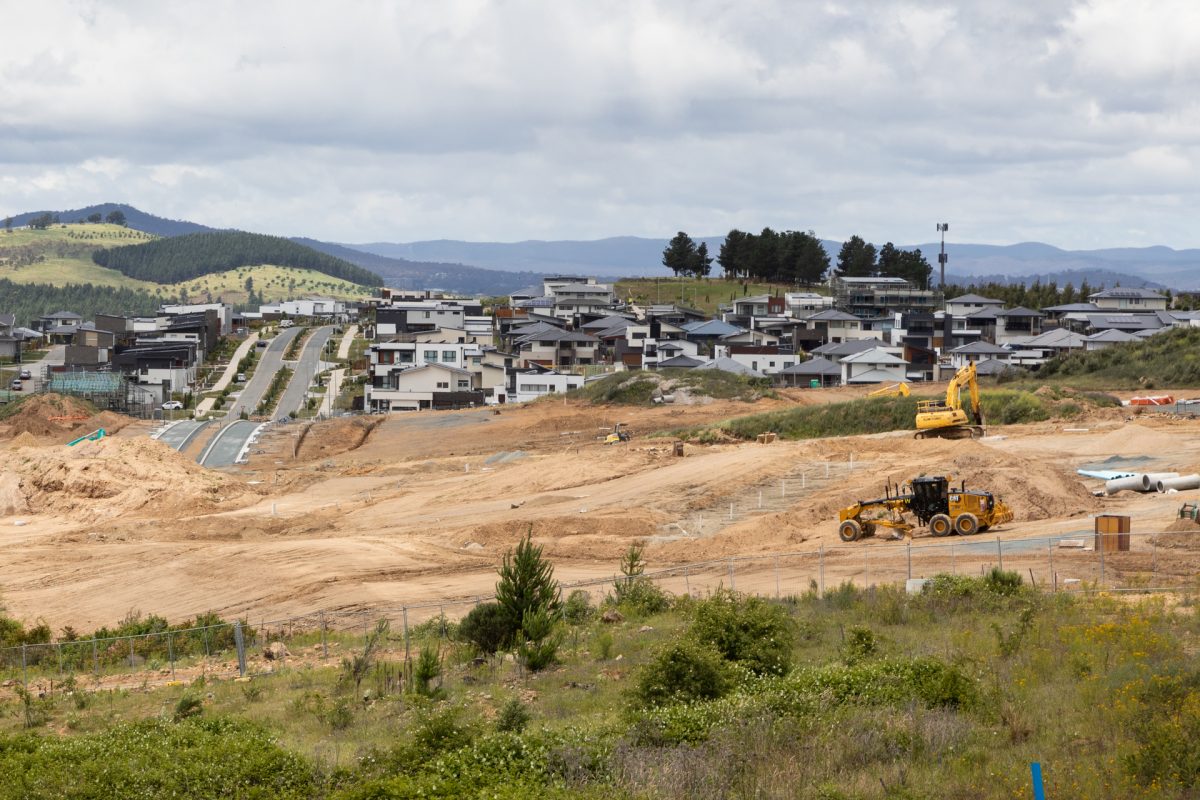
MV Law partner and property and construction dispute specialist Alisa Taylor explains the Property Developers Act. Photo: MV Law.
The controversial Property Developers Act has brought far-reaching implications for the property industry. But the practical impacts remain a puzzle for many.
The act, which among other things requires property developers to be licensed, is not easily digestible.
It makes significant amendments to other pieces of legislation governing the ACT property industry and piecing the impact of it all together is quite a task.
At a high level, the act creates a licensing regime and potential regulatory actions applicable to the development of a “regulated residential building” – like the regime we already have for builders and now to be run by the same Construction Occupations Registrar.
A “regulated residential building” is a class one or class two building (effectively, a house, townhouse or apartment) constructed as part of a “project” to construct three or more dwellings.
Standalone dwellings and dual occupancies (unless part of a bigger “project”) have been excluded from the regime, thanks to changes made during the Legislative Assembly debate.
There may well be other exemptions once the draft regulations are published – the key ones spoken about in the debate are community housing providers and retirement villages.
However, the licensing regime has not started yet. It will start on a date to be notified, sometime within the next three years.
The only substantial part of the act that has started makes property developers (which is broadly defined) potentially liable for rectification orders issued by the regulator. In some cases the limitation period on these rectification orders can be up to 11 years from completion of the building.
One of the amendments made during the Legislative Assembly debate removed the retrospective aspects of the original bill, so now the rectification order regime only applies to buildings that get development approval after the act begins.
But directors of corporate developers will need to be very careful because they may be personally liable if the developer is wound up – including for buildings completed before they came on board.

The controversial Property Developers Act creates a licensing regime and potential regulatory actions applicable to the development of a “regulated residential building”. Photo: Michelle Kroll.
Once the licensing regime is up and running, developers will no longer be able to do three things unless a licensed developer is attached to the project: sell a house or unit off the plan, lodge a development application or apply for a building approval.
This doesn’t mean everyone involved in the project needs to be licensed – but there will need to be a licensed developer (the same way that only a licensed builder may do non-exempt building work).
Another feature to note is that developers will, once the relevant provisions begin, become potentially liable for civil court claims from owners for breach of statutory warranties. These warranties, implied by law into the building or sale contract, were previously only applicable to builders.
The amendments made in the Legislative Assembly in June go some way to resolving the concerns of the property industry, but there are many more concerns left unanswered.
This regime is inevitably going to be costly, both in a compliance and risk-pricing sense. I am still concerned about the impact that will have – as a consumer and an advocate for our local building industry.
I am also unsure it is going to improve building quality. As someone involved in litigating building disputes every day, I see how messy and expensive things can get in a courtroom if there is no clear line of responsibility.
More options for recourse for building defects is not necessarily going to prevent building quality issues – in my experience quality issues and price pressure frequently go hand in hand.
Alisa Taylor is a partner of MV Law and a specialist in property and construction disputes.




















